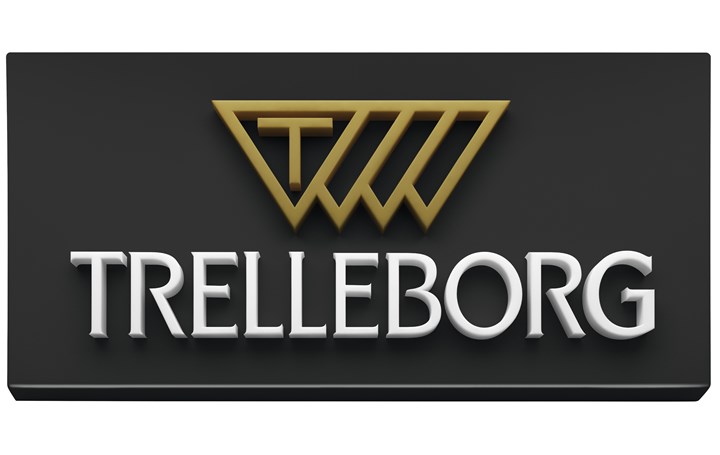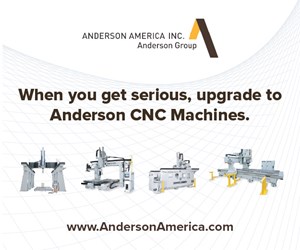Trelleborg launches high-temperature tooling material for direct-to-part manufacture
The tooling material has operating temperature of up to +180ºC, low CTE, offers an alternative to aluminum, prepreg and steel for high-volume part production.

Photo Credit: Trelleborg
Trelleborg’s (Rochdale, U.K.) Applied Technologies operation has launched its new high-temperature, low coefficient of thermal expansion (CTE) tooling material, as part of a recent agreement with CFP Composites (Solihull, U.K.) to make TD1200 tooling available in Europe. According to Trelleborg, the material has an operating temperature of up to +180ºC, providing customers across Europe with a wider material choice.
According to Kerry Lyons, Business Development Manager for Trelleborg’s applied technologies operation, the tooling material will compliment Trelleborg’s existing range of tooling solutions and ensures the company can meet individual application requirements.
Trelleborg’s TD1200 tooling material also offers direct-to-part manufacturing as an alternative to aluminum, prepreg and steel for high-volume part production. Boards can be built into blocks and machined to a specified shape using traditional cutting tools, says the company. Further, the material is said to be easily processed to achieve either a matt or high-gloss finish, with minimal sealing required.
“We look forward to working closely with the [Trelleborg] team to provide TD1200 on short lead times, making it the perfect choice for thermally stable, high-volume part production in the aerospace, automotive and other industries,” says Simon Price, managing director of CFP Composites.
Related Content
-
Metal AM advances in composite tooling, Part 1
Multiple metal additive technologies are gaining market acceptance and interest for composite tooling used in processes ranging from short-fiber injection to autoclave-cure prepreg.
-
Plant tour: Airtech International, Springfield, Tenn., U.S.
Fifty years of supplying materials for composites manufacturing includes custom fabrication and now aims to advance 3D-printed tooling, parts and new resins.
-
Mold 3D printing helps automate composite bathtub, shower production
As part of its efforts to automate as much of its production process as it can, Lyons Industries acquired a Massivit 10000 additive manufacturing system to quickly produce high-performance molds and support fixtures.













